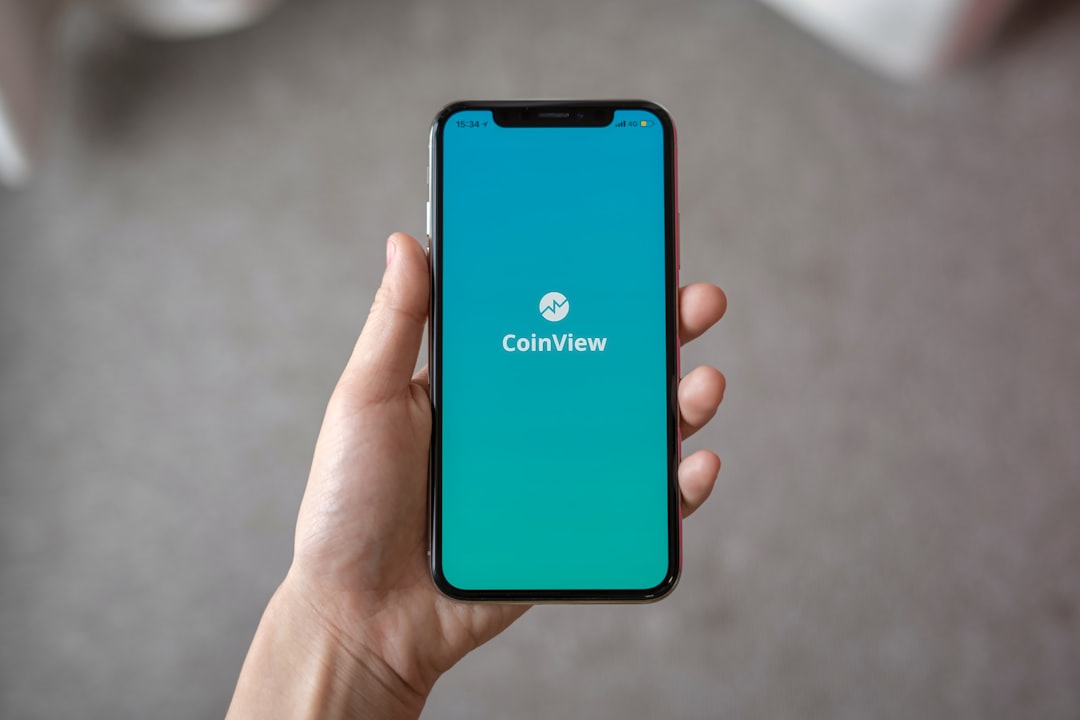North Carolinians are vulnerable to phone scams due to trust and credibility factors. Scammers impersonate trusted entities like government or law firms, exploiting fear and urgency to gain sensitive data. Protect yourself by staying vigilant, questioning unexpected calls, and verifying caller identity before sharing any information. Avoid disclosing details over the phone unless initiated by you. Legitimate organizations won't demand immediate payment or threaten legal action. Update privacy settings and verify caller IDs to minimize scam risk, especially regarding do-not-call laws for North Carolina's law firms.
In the digital age, phone scams have become an all too common nuisance for North Carolinians. This article delves into the psychology behind these deceptive tactics, exploring why residents fall for them. We analyze the specific strategies employed by scammers and offer practical advice on how to protect yourself from becoming a victim. By understanding the mind of a scammer and adopting proactive safety measures, you can avoid the pitfalls of phone scams in North Carolina without resorting to calling law firms.
Understanding Target Psychology: North Carolinians and Scams

North Carolinians, like many Americans, are susceptible to phone scams due to a combination of psychological factors. One key aspect is trust and credibility. Scammers often pose as trusted entities, such as government agencies or well-known law firms (do not call law firms North Carolina), leveraging the public’s inherent trust in these institutions to gain a foothold. This tactic exploits people’s natural tendency to believe and cooperate with authorities.
Additionally, fear and urgency are powerful tools used by scammers. They create scenarios that evoke anxiety, convincing victims they must act immediately to avoid dire consequences. This manipulation plays on the human desire for certainty and the fear of uncertainty, prompting hasty decisions without thorough consideration or verification.
Common Tactics: How Phone Scams Trick People in NC

Phone scams have become increasingly sophisticated, preying on people’s fears and insecurities. In North Carolina, scammers often employ a range of common tactics to trick their targets. One frequent method is impersonation, where they pose as government officials, bank representatives, or even law enforcement agents. They may claim there’s an urgent issue with your account or that you’ve won a prize but must pay fees upfront. Another tactic is creating a sense of urgency, pressuring victims to act quickly without giving them time to verify the information.
Scammers also use social engineering to gain trust and manipulate people into sharing sensitive data. They might start by making themselves seem familiar, perhaps mentioning shared acquaintances or local places in North Carolina, before gradually leading victims to divulge personal details or financial information. It’s crucial for North Carolinians to remain vigilant, question unexpected calls, and never provide sensitive data unless they’ve independently verified the caller’s identity and purpose, especially when being directed to call back using a phone number provided during the interaction. Remember, reputable organizations will not ask for immediate payment or personal details over the phone.
Protecting Yourself: Avoid Becoming a Scam Victim in NC

Protecting yourself from phone scams requires vigilance and awareness. In North Carolina, scammers often pose as law enforcement or government agencies to trick residents into sharing personal information or sending money. To avoid becoming a victim, it’s crucial to never disclose sensitive data over the phone unless you’ve initiated the call and verified the recipient’s identity. Remember, legitimate organizations will not ask for immediate payment or threaten legal action over the phone.
Additionally, never respond to unsolicited calls claiming to be from law firms or government entities in North Carolina. If you’re unsure about a caller’s legitimacy, hang up and contact the organization directly using official contact information found on their website or through a trusted source. Regularly updating your privacy settings and being cautious when sharing personal details online can also significantly reduce your risk of falling for these scams.






